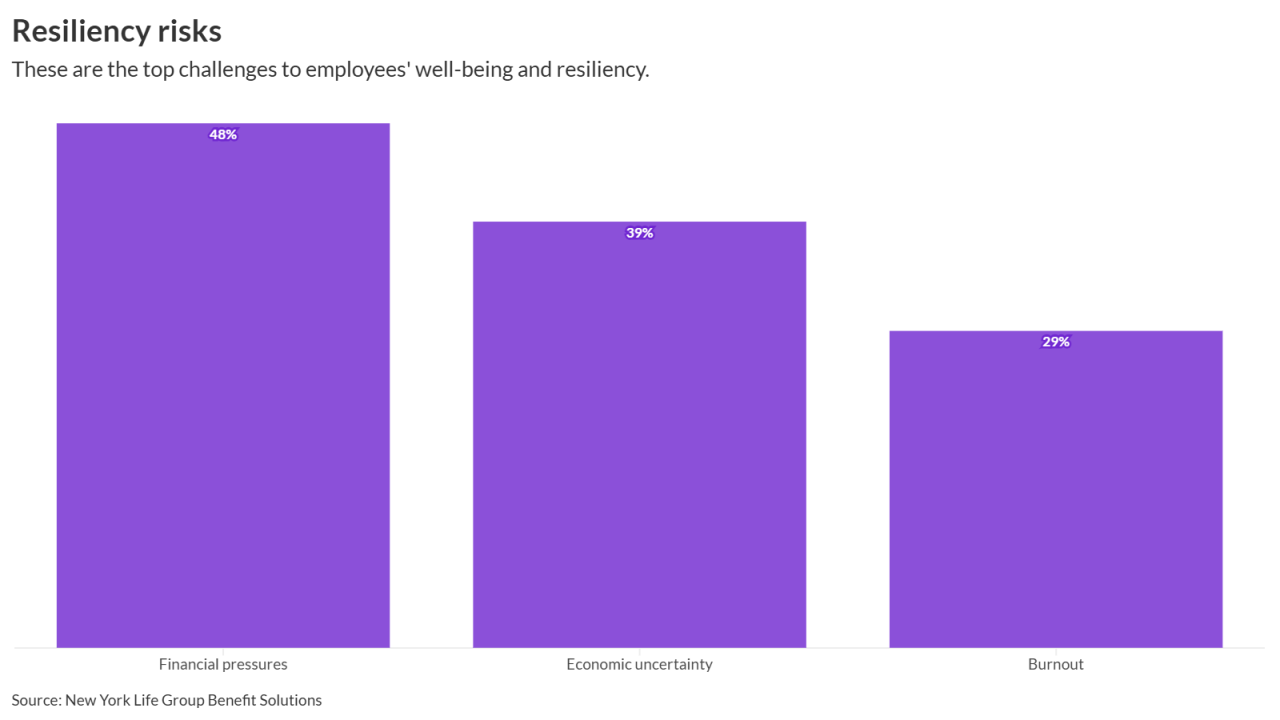Decades of initiatives to increase diversity within the finance industry have produced limited results. None of the major U.S. banks have ever had a woman chief executive officer. Women and people of color are still underrepresented throughout the asset management industry. So we went around the world asking for advice on what needs to be done.
Monica Hsiao
Founder
Triada Capital in Hong Kong
There’s still a boys-club mentality and network that’s alive and well, even today. This doesn’t stop women from advancing, but there’s no natural propellant to enable women to compete on the same footing either.
This isn’t an issue of men vs. women, though. It’s just that we should have a cultural change in viewing some fields as naturally more male- or female-dominant, and both men and women should be more aware of the biases/perception they may hold when interacting with each other. This may seep into their dealings and comfort in forming connections, and that, in turn, can affect the atmosphere of a workplace.
This similarly goes for racial differences. In some cases you see promotion of more women and minority representation on corporate boards, for example. I do think we need more role models to break through the glass ceiling to start changing some perceptions. The industry has talked about earmarking funds to go to women- and minority-led funds in the U.S., for example, but we haven’t seen enough evidence of the flows really going that direction to make much difference.
Jane Goodland
Corporate Affairs Director
Quilter in London
It is too early to say the finance industry has failed on diversity. There are many indicators that the sector is moving in the right direction. However, the pace of change needs to accelerate. COVID-19 could be a stimulus to expedite that change. Mindsets are shifting, with diversity being seen as contributing to strong and resilient businesses rather than being a problem that needs to be fixed.
There are clear signs that the COVID-19 crisis, over the longer term, will help to accelerate a move to a flexible working culture in the finance sector. As a sector known historically for its long-hours culture — with only 7% of employees working part time, compared to a U.K. average of 28% — that would be a necessary and welcome reset. [It would] enable everyone to have more choice and flexibility over their work, which means greater equality both at work and home for both men and women. It’s vital that firms adapt. Otherwise, they’ll fail to attract and retain the most talented people.
Cynthia DiBartolo
Chief Executive Officer
Tigress Financial Partners In New York
Unless you tie compensation to these initiatives, you’re never going to see it change. Unless you change the compensation, it ain’t happening. Compensation drives behavior; behavior drives performance.
I don’t think that it should be about shaming if the numbers are low. I think it should be about collectively coming together to change the numbers. If you don’t diagnose that you’re sick, you’re never going to get well. The numbers, while they may not be pretty, give you an opportunity to fix what’s broken.
[C-suite executives need to take the lead.] They’ve been playing this game that they punt back and forth with no ownership.
David Mathers
Chief Financial Officer
Credit Suisse in Zurich
Having access to reliable data and insights enables us to concentrate our efforts in the right places. We can make effective change and support our employees regardless of their identity—race, gender, age, religion, sexual orientation, and so on—to progress to senior roles. We can remove potential confirmation bias from our processes—such as recruitment and performance management, compensation decision-making, leadership development, and promotions—and use targets to measure progress. Without targeted action, we cannot change the profile of our workforce or improve diversity statistics.
Paul Smith
Former Global CEO and President
CFA Institute
Despite the best of intentions, there’s little evidence that diversity is improving in the industry. I firmly believe that businesses need to set formal quotas by gender and by ethnicity if we are to change hiring practices that today clearly entrench academic and social biases — unconscious or conscious.
Diversity doesn’t work in finance primarily because recruitment policies are geared toward hiring young people from a small, select group of schools. These schools tend to draw their students from an equally predictable pool. Finance needs to be more deliberate in reaching out beyond its traditional hunting grounds.
Luke Ellis
CEO
Man Group in London
The reality is that the industry was on the wrong side of progress for a long time — 30 years ago, much of the industry was openly sexist, homophobic, and racist. This left a huge hole in the pipeline of diverse talent as quality people were either put off by the industry and never joined or rightly left the industry.
Dennis Mitchell
CEO
Starlight Capital in Toronto
My own experience in the wealth and asset management industries is that a lot of the recruiting is done either through personal networks — so you’re delving back into where you went to school or your alumni network — and/or you hear that age-old adage, “We only recruit from the best schools.”
Lauren Cochran
Managing Director
Blue Haven Initiative in Washington
The industry echo chamber focuses on the question, “Did we make more money than last year?” — confirming the system in a vicious cycle even as traditional banking businesses are less and less lucrative. When bonuses become dependent on the question, “Are you making money and have you taken advantage of the skills that come with hiring a group of people that don’t all think alike and have different worldviews?” then things will change, and people will probably make more money. There’s a mountain of data to back that up.
Peter Harrison
Group Chief Executive Officer
Schroders in London
I am a firm believer in the importance of data and analytics to improve our decision-making, and in the last 12 months we have campaigned for our people to tell us more about themselves and complete their diversity profiles. It is only with this data that we are able to direct our resources to make the changes with the biggest impact.
Our decision, several years ago now, for Schroders to communicate our gender pay gap — ahead of statutory requirements — reflected my belief that data transparency is key to driving real change. With progress on diversity metrics linked to pay outcomes for senior management, we are holding our people accountable for addressing this role representation gap, as well as diversity and inclusion more broadly.
Wes Hall
Executive Chairman and Founder
Kingsdale Advisors in Toronto (Hall Founded The Canadian Council of Business Leaders Against Anti-Black Systemic Racism)
Companies, for example, say, “I am going to put a diversity policy in place.” And they put a woman in that position, and that’s great. But I’m a Black man, and my civil rights were violated, and I’m coming to work in the morning. How would she understand my problem and what happened to me and the psychological trauma that I went through as a result of that experience as a Black man? So wouldn’t it be nice to have another person within that organization that shares the same role that I can now go to and talk to and can counsel me because I just experienced a trauma?
We have people who are putting things in place that don’t understand me. And they think they do by putting these systems in place. If we’re there, then when they are making policies we can say, “No, that doesn’t apply.”





